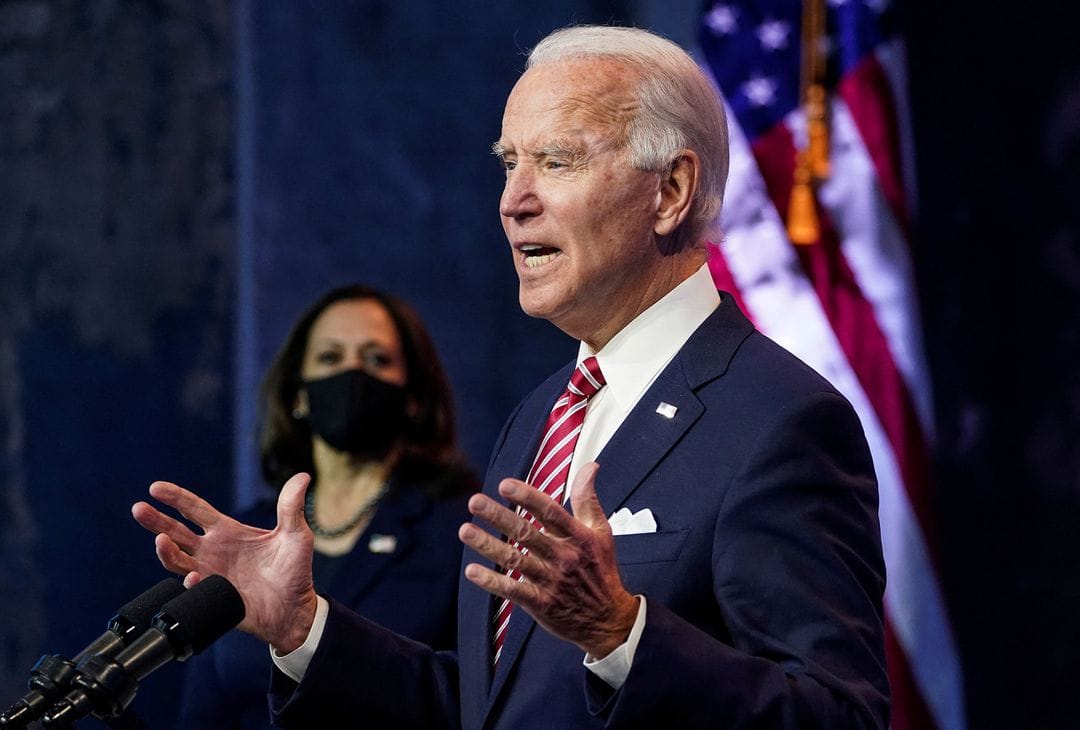
Next week is the deadline for U.S. President Joe Biden to get involved in national labour negotiations involving 115,000 railroad workers, failing which a strike or lockout could threaten the nation’s already fragile economy and stifle supplies of food and fuel.
The stakes are high for Biden, who wants to address the supply-chain problems that are fueling inflation and is already trying to achieve an agreement in the crucial labour negotiations at West Coast seaports.
The railroads and the unions may decide to halt operations or go on strike if the president decides not to intervene in the railroad labour negotiations by appointing a Presidential Emergency Board (PEB) before Monday at 12:01 a.m. EDT. If chosen, the board would offer suggestions that might serve as the basis for a voluntary settlement.
The administration ‘is going through the regular process that has been utilised in the past when considering a PEB,’ a White House official told Reuters. Further comments were rejected by the White House.
Parties to the ongoing negotiations anticipate that Biden would form a board, as President Barack Obama did in 2011, to assist in resolving a dispute over wages and healthcare benefits at the main freight railways.
Greg Regan, head of the AFL-CIO Transportation Trades Department, which represents a number of railroad unions, stated that both members of the executive branch and Congress are aware of the importance of the nation’s freight rail system to its economy.

Post Your Comments